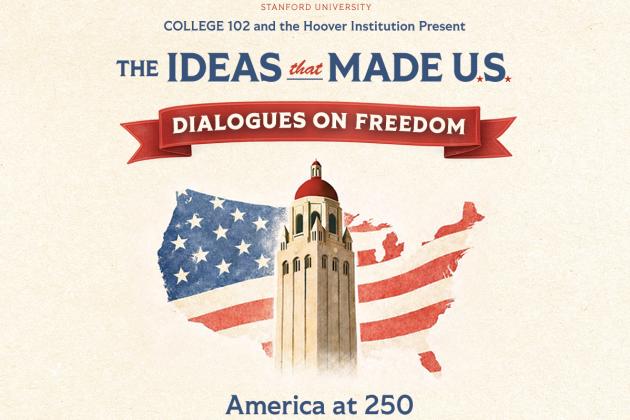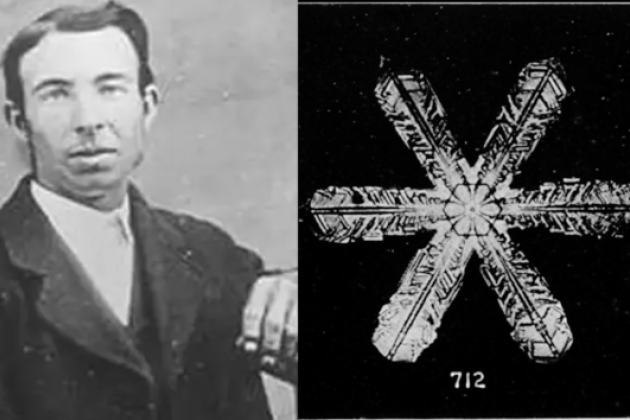PARTICIPANTS
Joe Felter, Tom Church, John Cogan, Tim Kane, Stephen Langlois, Jim Mattis, David Mauler, Sam Mercer, Charles O’Reilly, George Shultz, John Taylor
ISSUES DISCUSSED
Joe Felter, research fellow at Hoover and retired US Army colonel, discussed his work on “The Economics of Counterinsurgency: Winning, Leasing, and Losing Hearts and Minds.”
Felter began by highlighting the disparity between historical and modern challenges faced by US military forces. Previously, military engagements have primarily dealt with large nation states. However, as seen by the war in Afghanistan, modern military operations increasingly require the US and its allies to engage threats found in weak and unstable nation states.
Felter described how counterinsurgency (COIN) efforts can be modeled as a three-sided game involving the local government, rebels, and civilian population. .A key implication of this model is that security and development are complements. Felter noted that in response to increased violence, the government’s best response function predicts an increase in service provision whereas rebels’ best response when facing a government with higher capacity for service provision is to lower violence.
Felter then reviewed empirical findings using data gathered in Iraq (2004-2008) measuring violence and aid spending. Interestingly, CERP spending (Commander Emergency Response Program) on local projects has a significant impact in reducing violence, yet the impact of spending on large-scale projects such as highways is insignificant at best and possibly even adverse. Also, using the presence of Maneuver Battalions to proxy for security and the presence of Provincial Reconstruction Teams to proxy for COIN expertise, CERP spending appears more effective in environments with greater security and development expertise. Felter also noted violence measures can be an imperfect proxy for instability.
Policy implications include the importance of economic aid in COIN being informed by local preferences and development professionals, implemented in small local projects, and conditional on security cooperation. Felter ended emphasizing the importance of not cutting back on the quality of human capital in COIN efforts in the midst of budget cuts.









